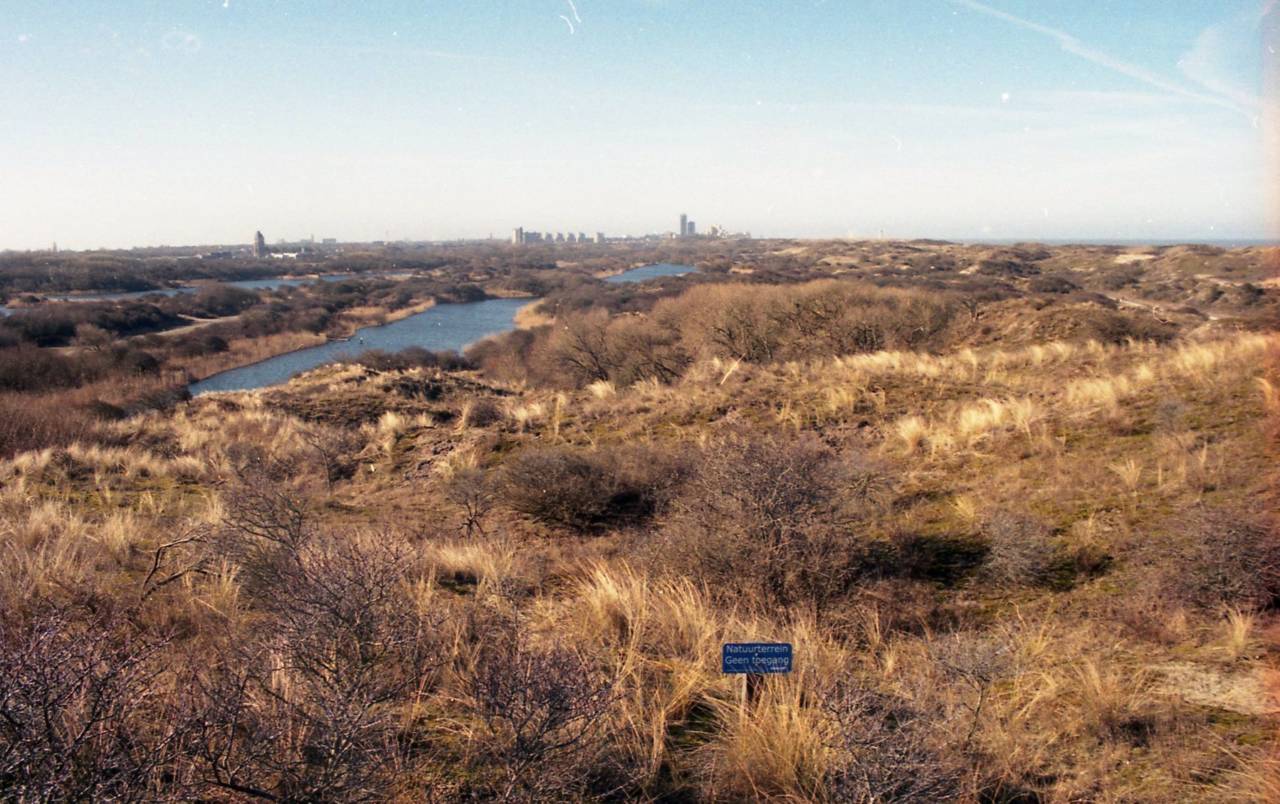EU finally clinches deal on nature restoration law
Claudia Delpero
EU member states and the EU parliament reached agreement in the late hours of Thursday on a new law aiming to restore land and sea ecosystems damaged by pollution across Europe.
Under the terms of the deal, at least 20% of land and sea areas in poor condition will have to be restored by 2030 and all of them by 2050.
EU countries will have to improve at least 30% of habitats covered by the law – from wetlands, grasslands, forests, rivers and lakes to marine ecosystems – by 2030, with the share increasing to 60% by 2040 and 90% by 2050. Until 2030, the priority will be given to Natura 2000 protected areas.
The agreement was welcomed by Frans Timmermans who had championed the law when he was EU Commissioner. He said on social media that the deal is “an important step towards a sustainable future”.
“In the Netherlands we have lost more than half our plant and animal species,” he said. “Let us reverse the trend.”
EU countries will also have to put in place ‘national restoration plans’ specifying how they intend to meet these targets, considering their local features ad the specific situation of outermost regions.
Compared to the initiative draft, the text contains several concessions for farmers. For example, restoration measures include the re-wetting 25% of drained peatlands by 2030, but there won’t be obligations for farmers and private landowners.
In addition, measures on agricultural ecosystems could be temporarily suspended under exceptional circumstances in order to guarantee sufficient food production.
EU countries must also reverse the decline of pollinators by 2030 and improve the trend after that date. At the same time, an additional three billion trees will have to be planted and man-made barriers will have removed from at least 25,000 kilometres of rivers.
EU member state will also have to ensure that by 2030 there is no net loss in urban green space compared to 2021 and increase the amount after that.
The new law was designed to contribute to the achievement of the EU climate and biodiversity targets, but generate controversy over summer, when the centre-right European People’s Party group (EPP), which includes the Dutch Christian Democrats (CDA), argued it risked driving up food prices and voted against it.
Compromise
On Friday the EPP welcomed the deal noting “there is no more requirement to re-nature 10% of farmland, which would have considerably reduced farmland and contributed to inflation.”
“Food security has been defined as a central objective of the law… the new rules do not apply to renewable projects or key infrastructure works… and peatland restoration is voluntary for farmers,” the group said.
Dutch Green MEP Bas Eickhout said the deal crucial to improve European nature, which, he said, is in “deplorable condition”.
“Businesses, ordinary men and women, and scientists all say this is necessary, but governments are failing,” he said. “After voluntary agreements, we cannot avoid taking real action.”
The deal has to be formally adopted by the European parliament and council. After that, the new law will be published in the EU Official Journal and will enter into force 20 days later.
Thank you for donating to DutchNews.nl.
We could not provide the Dutch News service, and keep it free of charge, without the generous support of our readers. Your donations allow us to report on issues you tell us matter, and provide you with a summary of the most important Dutch news each day.
Make a donation